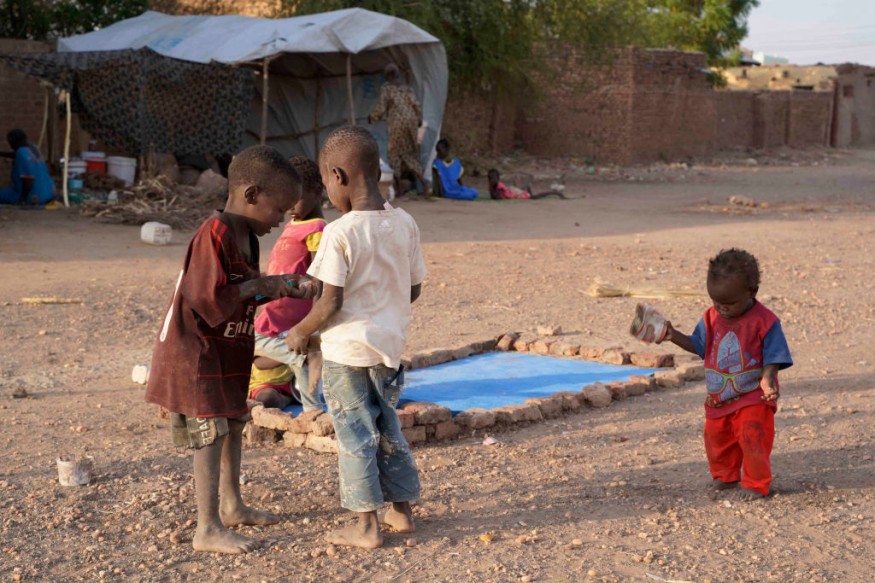The United Nations warned that children in Africa are among the most vulnerable to the effects of climate change.

Children in 48 out of 49 African countries assessed were found to be at high or extremely high risk of the impacts of climate change, based on their exposure and vulnerability to cyclones, heatwaves, and other climate and environmental shocks, as well as access to essential services.
Children living in the Central African Republic, Chad, Nigeria, Guinea, Somalia, and Guinea-Bissau are the most at risk.
The report was released ahead of the Africa Climate Summit to be held in Nairobi on September 4 to September 6.
Top UN officials, including Secretary-General António Guterres and UNEP Executive Director Inger Andersen, are slated to attend, as are around 20 heads of state and government and other world leaders.
Read Also: Climate Change Dictates Family Planning, Lifestyle, Jobs for Over 50% Parents, Survey Reveals
Survival of children
According to the UNICEF, children are physically less able to tolerate and survive natural disasters, such as floods, droughts, storms, and heatwaves.
They are also more physically vulnerable to hazardous elements like lead and other forms of pollution.
Lieke van de Wiel, UNICEF's deputy director for Eastern and Southern Africa, said the youngest members of African society are feeling the brunt of climate change's harsh effects.
"They are the least able to cope, due to physiological vulnerability and poor access to essential social services. We need to see a stronger focus of funding toward this group, so they are equipped to face a lifetime of climate-induced disruptions," van de Wiel said in a press release.
Furthermore, there is a challenge for quality service in areas such as health and nutrition, water, sanitation, and hygiene (WASH), and education, which exacerbates their susceptibility.
At the same time, children and young people are critical to long-term change and sustainability, according to the research, so they must be included in climate solutions, including policy and funding.
Global climate funding
The UN agency stated that less than 3% of global climate change spending is dedicated to children, and it urged stronger action, particularly from the private sector.
"More efforts, therefore, are needed locally and internationally to support adaptation to climate change, to invest in climate solutions," said Bruno Pozzi, Deputy Director, Ecosystems Division United Nations Environment Programme.
UNICEF and the UN Environment Programme (UNEP) are collaborating on a growing number of initiatives that demonstrate how African communities may become more climate resilient.
A program sponsored by UNICEF and partners in the Sahel region that focuses on health, nutrition, water, education, and protection services
Through participatory planning and comprehensive service delivery, communities were empowered to mitigate the effects of climate-related weather events and manage residual risks.
In East Africa, a UNEP program in Tanzania is aiming to mitigate the negative effects of sea-level rise on infrastructure by investing in seawalls, relocating boreholes, recovering mangrove forests, and constructing rainwater gathering systems.
As a result, coastal towns are now more resilient to increasing sea levels. The program has also improved the health of the populace by providing access to safe, clean water.
Related Article : Climate Change: Unborn Children From Morwell Fire Has Increased Risk of Respiratory Infection
Related Video:
© 2026 NatureWorldNews.com All rights reserved. Do not reproduce without permission.





